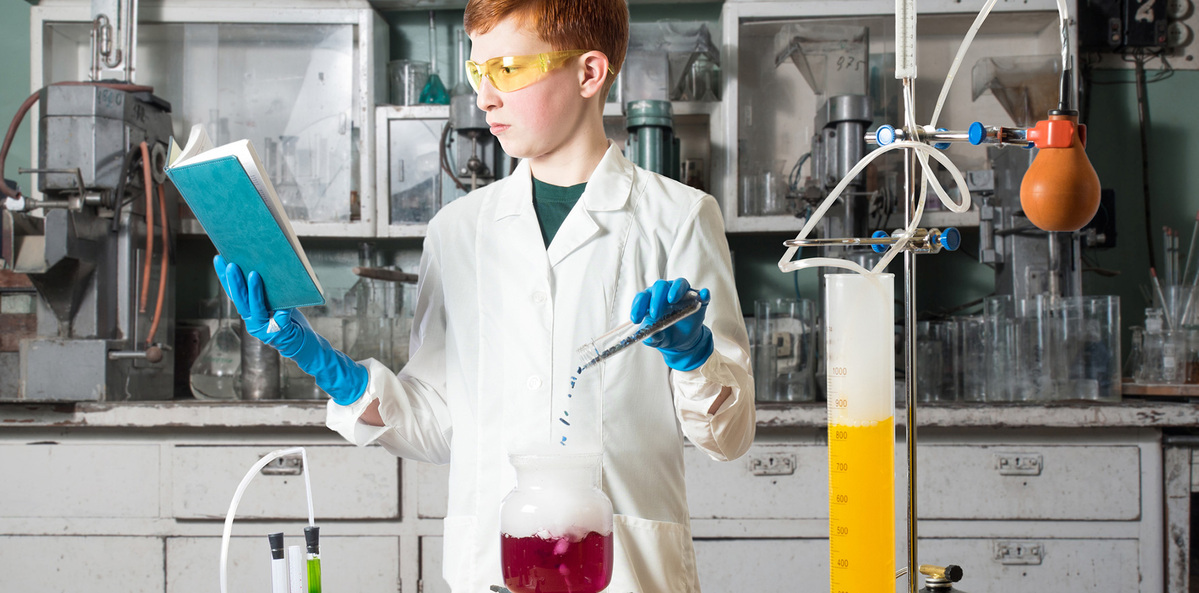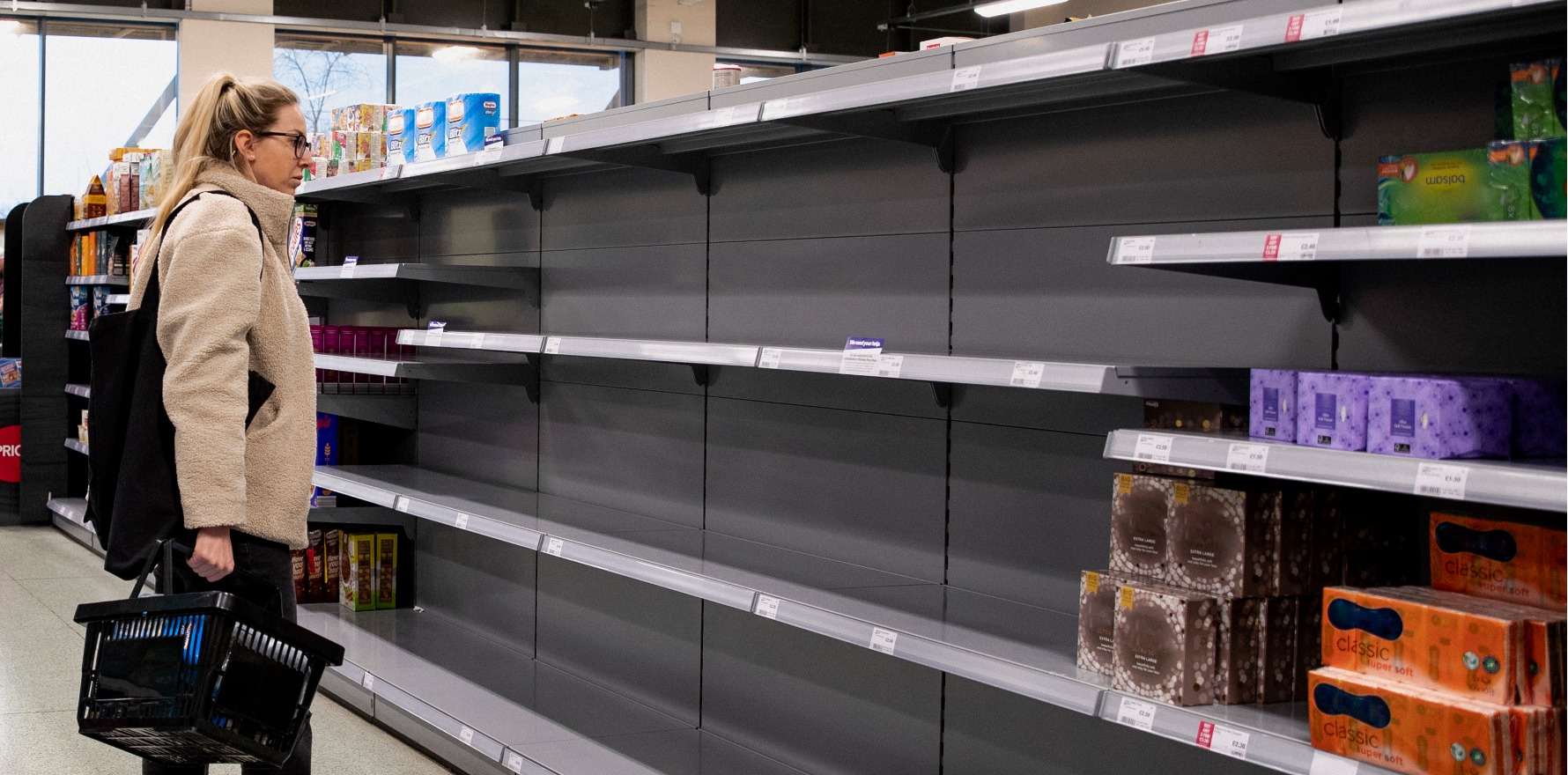Companies are cooking up Ozempic substitutes in an attempt to meet demand amid a worldwide shortage. The TGA is not amused.
Amid growing demand for semaglutide, the active ingredient in the diabetes/weight-loss drug Ozempic, prescribers including digital health provider Eucalyptus have taken matters into their own hands by enlisting compounding pharmacies to produce substitutes.
But the TGA has warned that the supply of compounded semaglutide may harm patients and land prescribers and pharmacists in hot water.
According to Ozempic’s sponsor Novo Nordisk, worldwide shortages of the only PBS-listed semaglutide-containing drug are expected to continue well into 2024.
Coupled with a second rejection by the PBAC of Wegovy, a higher-dose version of Ozempic specifically marketed for weight loss, the gap between demand and supply continues to widen.
“The potential investment of the PBS into reducing the significant burden of disease and economic burden of obesity could be in the order of multiple billions over the forward estimates,” Novo Nordisk said in its pitch to get Wegovy subsidised by the PBS.
But the PBAC said the sponsor’s proposal did not demonstrate the drug’s cost-effectiveness compared to placebo coupled with diet and exercise, and was unclear on who would be eligible for the drug.
Despite the setback, Novo Nordisk said it would work hard to make Wegovy available to Australians.
Eli Lilly’s Mounjaro, another weight loss drug with a different active ingredient, tirzepatide, was also rejected for PBS listing last July.
In an attempt to fill the gap, some prescribing services such as telehealth provider Eucalyptus – which has just hired the controversial Dr Nick Coatsworth, the former deputy chief medical officer, to its clinical governance committee – has begun compounding their own semaglutide.
Eucalyptus’ clinical director Dr Matthew Vickers told The Medical Republic the company was partnering with two major compounding pharmacies to provide compounded semaglutide to patients through their digital health platforms Juniper and Pilot.
To ensure the quality and safety of the drugs, on top of “stringent regulations compounding pharmacies must comply with (including testing every single batch of compounded semaglutide for safety)” Eucalyptus has commissioned external testing of the compounding method at Monash University and the University of Western Australia, said Dr Vickers.
The compounded semaglutide will be produced from a powder-based raw ingredient semaglutide sodium, which, according Dr Vickers, external testing has confirmed produces injectable semaglutide when dissolved.
“It is my professional opinion that the compounded semaglutide preparations prepared by [the two partner pharmacies] will be safe and efficacious for human use, and that their safety, efficacy and physicochemical stability will be similar to that of Ozempic,” senior pharmacist at Royal Perth Hospital and associate professor of pharmacoepidemiology at UWA Frank Sanfilippo said.
Related
But the TGA remains unconvinced.
Last month, the administration acknowledged the rise in providers offering compounded semaglutide-like products, warning consumers that the compounds remain “unapproved” and have not been evaluated by the TGA for safety, quality or efficacy, echoing warnings from the FDA.
“The compounding of medicines should be reserved for exceptional clinical circumstances where all suitable alternative treatments using approved therapeutic goods, which are those included on the Australian Register of Therapeutic Goods [ARTG], are unavailable, have failed or are deemed unsuitable for the patient,” the TGA said.
“Compounding medicines on a commercial-like scale has the potential to adversely affect patients, as the products’ quality and safety is unknown as they are not subject to rigorous testing for safety and quality.
“It is unlawful for pharmacists to supply medicines that they have compounded prior to receiving a prescription for a named patient, except when practising in a hospital in certain circumstances.”
The TGA also warned practitioners prescribing and dispensing compounded medication “should consider their individual legal and professional responsibility in prescribing and dispensing an unapproved product, including compounded semaglutide-like products”.
Dr Vickers added that compounding was a temporary measure to address the shortages and that “every single batch of compounded semaglutide will undergo testing for safety” by the compounding pharmacy.
David Crisci, chief executive of one of the pharmacies working with Eucalytpus, Infinity Wellness Group, reaffirmed that IWG would assure that all compounding would meet compliance standards for patient safety.
“For decades, compounding has played a vital role in ensuring patients continue to receive treatment when commercial medications are unavailable,” he said.
“Infinity Wellness Group (IWG) has robust measures in place to ensure compliance standards are met across both sterile and non-sterile compounding and will continue to do so for patient safety.”





